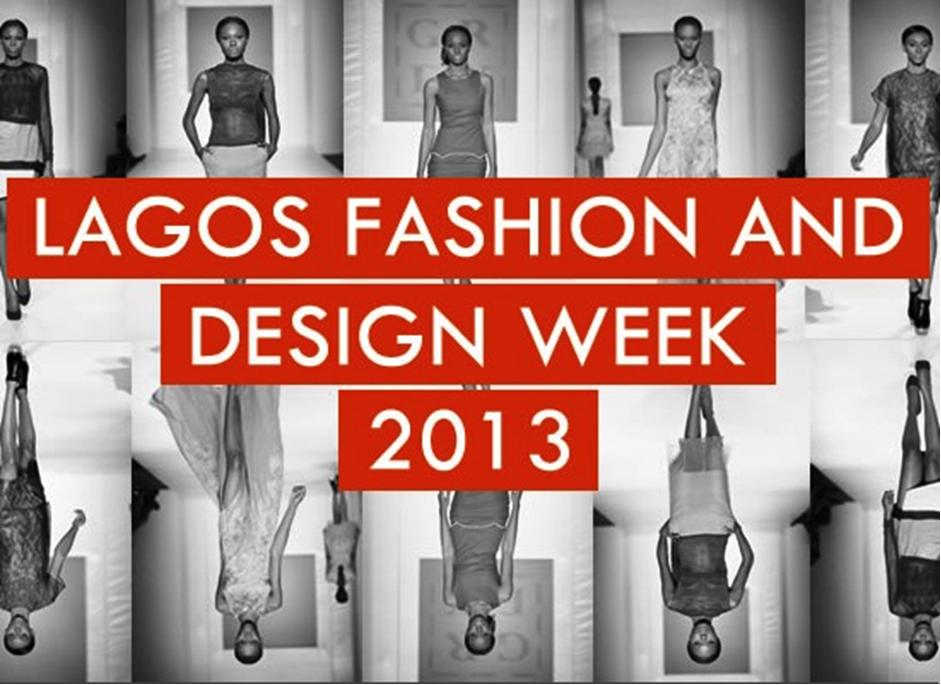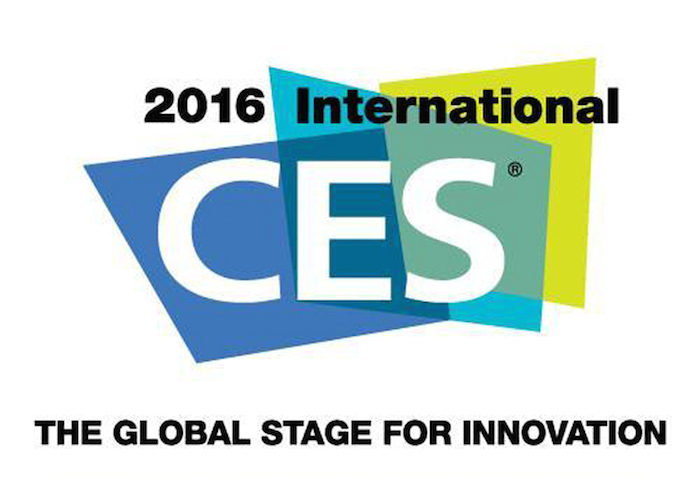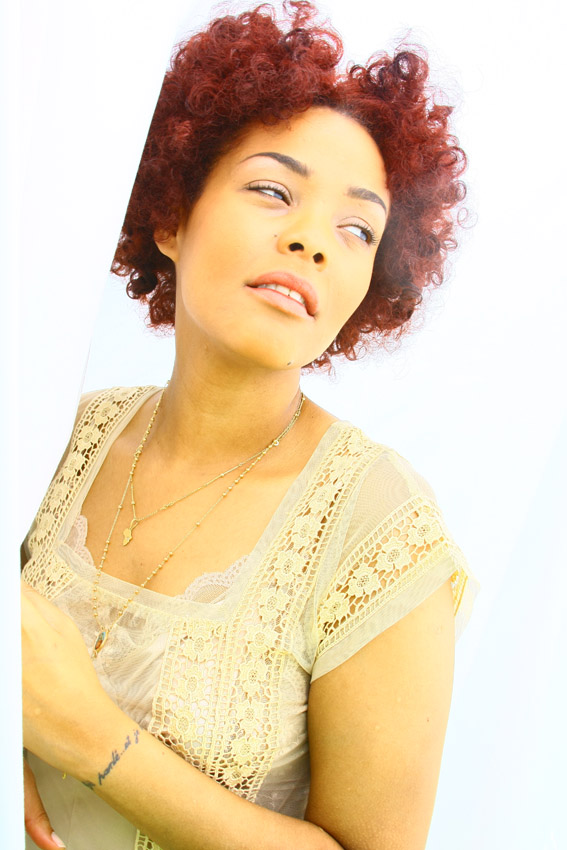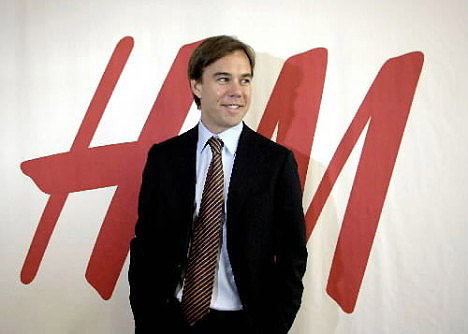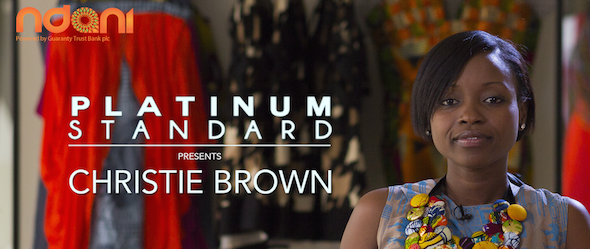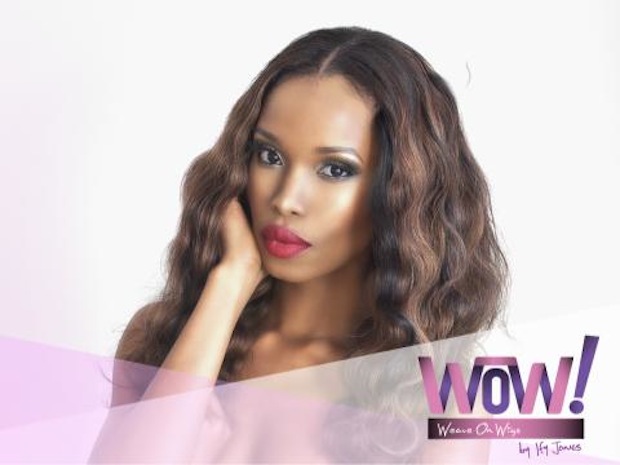LADYBRILLE – Next to staging the Olympics, organising a fashion week has become one of the most proactive marketing strategies a city can pursue, cumulatively creating the impression of a modern, vibrant, forward-looking, commercial, culturally and creatively open city. This is evident in several fashion events taking place yearly in Lagos, from the historical Nigerian fashion week to the dynamic Lagos Fashion and design week all of which have led to some notable achievements, some of which are; diverse employment opportunities for different industry players, benefiting and stimulating event production industry, increased media exposure, growing interest in fashion as a career, gradual revival of the textile industry and attracting both local and foreign investments.
However, presently in Lagos (Nigeria Fashion Capital) there’s no national governing body playing moral custodian of fashion events therefore rapidly losing the count of her fashion events, and slowly leading to delusions of the concept of fashion weeks or shows which to some large extent and unfortunately, can be produced by anyone without any need for registration or accountability .Also the aim of these events are slightly misguided as the backup needed to reach the goal of taking goods to market and ultimately delivering, is non-existent . It’s like the case of “if it feels good, you have the money and a handful of connection then do it’’.
Therefore leading to few professionals and a lot of naive “let’s put on a show!” enthusiasm all over the country, unprofessionalism, promotion of individualism, below standard logistical support, poor event production, waste of money and time, less global impact, low no impact on GDP and unsustainable policies and structures. Although amusingly no matter how disorganised the show, there will always be a posse of bloggers and photogenic fashionistas willing to adorn front rows, all for the media attention while the lucky ones may get their expenses paid for.Photo Credit: Style House Files
Clearly the Nigeria fashion events are relatively new on the global fashion calendar, of course as expected still riding with their training wheels on, as far as organizing and executing fashion week is concerned. Yet there have been an undeniable positive impact on the industry as well as the unending list of fashion events particularly in Lagos, some of which are Lagos Fashion and Design Week with the aim to drive the Nigerian fashion industry and lift its profile by bringing together buyers, consumers and the media to view the current collections of designers in the fashion capital of Lagos; Nigeria Fashion Week brings together stakeholders in global Fashion, beauty and hair industries with the goal of celebrating fashion and creating a vibrant market by linking manufacturers, wholesalers, retailers and the end users; Arise Magazine Fashion/African Fashion Week is committed to highlighting African talents; Music Meets Runway provides an annual platform for designers, who normally are excluded from the highly competitive world of fashion while music artistes perform on stage.
Others are Elite Model Look, Lagos Fashion Maniac, Lagos fashion exhibition, 2side model look Africa, Nigeria Fashion Show, Nigeria Model Awards, Nigeria Students Fashion and Design week, Fashion Festival, Creativity Fashion Exhibitions Fairs, Fashion Plus Show, Sleek Fashion Show, TV meets Runway, Ikorodu Fashion Week, ECOWAS Fashion Week to Lagos International Fashion Fair (owned by Turkish corporation). Other events are organised by local, national and multinational brands in Nigeria some of which are launch of Diesel flagship store, Emenegildo Zegna, Gucci, Hugo Boss, Mango and Levi etc.
While considering the above enormous list and looking back over the years particularly, this recent fashion week season, there have been the questions about the relevance of fashion weeks given the revolution of social media by the public ,media and industry at large. Other questions yet to be answered are the impact on the Nigeria Fashion Industry? Who is responsible for coordinating the National and International events, who do they report to? What is Lagos projected to be known for in the fashion world? Where are the trend agencies? What policies are on ground to protect Nigeria from being short-changed and avoid human rights violations by multinationals and even locals? And finally where are the buyers?
At this crucial time that Africa Fashion Industry enjoys world media and investment attention, ensuring the Nigeria Fashion industry improves its resilience in the potential highly competitive environment and take advantage of opportunities available to propel its global contribution is a very important consideration at this time.
According to Mckinsey and Company, in a report titled ‘the 30 trillion dollar decathlon: going for gold in the emerging market’. States that by 2025, annual consumption in emerging markets will reach $30 trillion, “to compete in this market, multinational companies already operating in Africa are advised to consider expanding and for others still on the side-lines, early entry into emerging economies provides opportunities to create markets, establish brands, shape industry structures, influence customer preferences, and establish long-term relationships”. The above statement further established the African fashion industry highly potential competitiveness.
Consequently, the idea of fashion week can be described as a venue for execution of clearly defined purpose with measurable result. Therefore there is a need for a very clear positioning of the Nigerian Fashion Industry in the fashion world, either for Ideas, creativity or commerciality. For example the priority may be to build a global market for Nigeria fashion talent, not only generating strong economic benefit but strengthening her international reputation for creative excellence. Some of the ways to achieve this include but not limited to creating Nigeria showrooms where potential buyer can check for details and place orders; launching designers’ fact file which will be an online up to date data, education resource and information hub for emerging talents and developing businesses; updating the webpages of all representing bodies like Fashion Designers Association of Nigeria( FADAN),and Nigeria Fashion Council (NFC)which sadly has only nine fashion designers profiles with a single creative profile and was last updated in August 2013.
Secondly there is an urgent need for designers to look more inward for local strategic business as an integral part of the creative sector, creators of wealth and potential fulfilment of the Nigerian Fashion Industry dream. Asserting the buying power and the sustainability of the small businesses, the Nigeria Federal Office of Statistics shows that “97% of all businesses in Nigeria are, “small businesses” and provides, on average, 50% of Nigeria’s employment, and 50% of its industrial output. While taking a closer look at the retail businesses in Nigeria, a larger percentage is made up of the traditional brick and mortar fashion stores retail system carrying only foreign brands
In an interview of Ozwald Boateng, a British fashion designer of Ghanaian descent and co-founder of Made in Africa Foundation at African Development Bank Annual General meeting while discussing, about the importance of infrastructure in Africa shared some very disturbing numbers that should help us rethink the business of fashion both in Africa and particularly in Nigeria. “The Intra-Africa trade in the sub-Saharan region stands at a mere 7 per cent (7%) while Intra-European trade is an excess of 70 per cent (70%) and intra-Asia trade is an excess of 55 per cent (55%)”. These show a need for urgent increase strategic local partnership and investment to ensure the sustainable and permanent growth of our fashion industry and invariably our economy.
Although there have been several international media coverage about the increasing spending power of Nigerians but this does not explain the real and full picture because the seemingly high spending is because a larger percentage of the said spenders are boutiques or fashion retail individuals who have no means of securing a partnership with international fashion brands (or were denied partnership), alternatively visit retail stores outside the country to purchase fashion brand worth thousands of dollars for resale in Nigeria, which until recently was the typical fashion business model in Nigeria. This old business model is slowly but gradually been taking over by stand-alone designer stores, retail houses carrying local brands and franchises with foreign brands.
In conclusion, in as much as fashion week is all fine and glamorous it is majorly a platform to connect designers to the consumers which invariably brings about orders and sustainable financial returns, any events that cannot achieve these or show a measurable impact in attracting both local and international fashion businesses is a waste of resources and precious time. Although the platforms to promote designers seem to be in place in Nigeria, but once designers have managed to pass through the red tape of getting exposure on national or international level and manage to secure orders, the true challenges arise.
The challenges can be overcome by acknowledging that bulk of the work starts and ends with designers to meet up with potential orders by liaising with local manufacturers for resources and raw materials for sustainable production model, as well as pre and post event marketing plan.
-Words by Omolade Oshinubi
Photocredit: Style House Files
Founded in 2007, Ladybrille® Magazine is a California based pioneer digital publication demystifying the image of Africans in the west through contemporary African fashion and celebrating the brilliant woman in business and leadership, with an emphasis on the African woman in the diaspora. Our coverage includes stories on capital, access to markets, expertise, hiring and retention, sales, marketing, and promotions.

